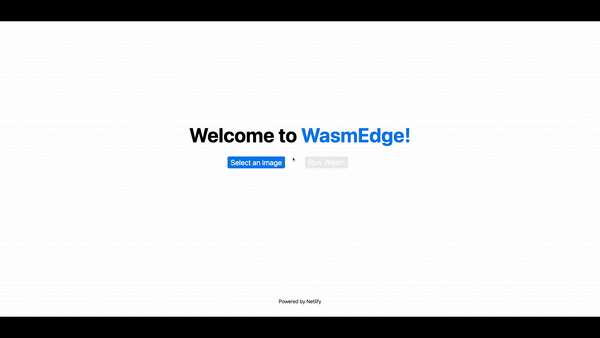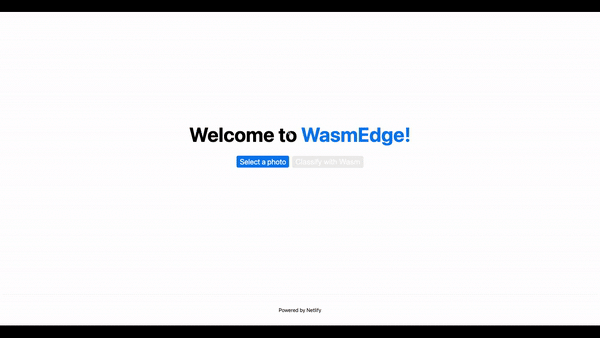WebAssembly Serverless Functions in Netlify
Curated from: medium.com
Ideas, facts & insights covering these topics:
10 ideas
·323 reads
1
Explore the World's Best Ideas
Join today and uncover 100+ curated journeys from 50+ topics. Unlock access to our mobile app with extensive features.
Ui On The CDN
A Jamstack application consists of a static UI (in HTML and JavaScript) and a set of serverless functions to support dynamic UI elements via JavaScript. There are many benefits to the Jamstack approach. But perhaps one of the most significant benefits is performance. Since the UI is no longer generated at runtime from a central server, there is much less load on the server and we can now deploy the UI via edge networks such as CDNs.
6
155 reads
Where Does Webassembly Fit In
However, the edge CDN only solves the problem of distributing the static UI files. The backend serverless functions could still be slow. In fact, popular serverless platforms have well-known performance issues, such as slow cold start, especially for interactive applications. That’s where WebAssembly could help.
With WasmEdge , a cloud-native WebAssembly runtime hosted by the CNCF , developers can write high-performance serverless functions deployed on the public cloud or on edge computing nodes.
6
20 reads
Why WebAssembly in Netlify Functions?
High-performance functions written in C/C++, Rust, Swift, and other languages can be easily compiled into WebAssembly. Those WebAssembly functions are much faster than JavaScript or Python commonly used in serverless functions.
However, if raw performance is the only goal, why not just compile those functions to machine native executables (Native Client or NaCl)? Netlify already runs these functions safely in AWS Lambda with the Firecracker microVM.
Our vision for the future is to run WebAssembly as an alternative lightweight runtime side-by-side with Docker and microVMs in the cloud
6
11 reads
Finally, the WasmEdge Tensorflow API provides the most ergonomic way to execute Tensorflow models in the Rust programming language. WasmEdge installs the correct combination of Tensorflow dependency libraries, and provides a unified API for developers.
8
72 reads
Example 1: Image processing
Our first demo application allows users to upload an image and then invoke a serverless function to turn it into black and white. A live demo deployed on Netlify is available.
6
16 reads
Example 2: AI inference
The second demo application allows users to upload an image and then invoke a serverless function to classify the main subject on the image.
6
18 reads
What’s next
Running WasmEdge from Netlify’s current serverless container is an easy way to add high-performance functions to Netlify applications. Going forward an even better approach is to use WasmEdge as the container itself. There will be no Docker and no Node.JS to bootstrap WasmEdge. This way, we can reach much higher efficiency for running serverless functions. WasmEdge is already compatible with Docker tools .
6
4 reads
IDEAS CURATED BY
Decebal Dobrica's ideas are part of this journey:
Learn more about computerscience with this collection
Understanding machine learning models
Improving data analysis and decision-making
How Google uses logic in machine learning
Related collections
Similar ideas
5 ideas
The Three Pillars of WebAssembly - The New Stack
thenewstack.io
9 ideas
Next.js 12
nextjs.org
Read & Learn
20x Faster
without
deepstash
with
deepstash
with
deepstash
Personalized microlearning
—
100+ Learning Journeys
—
Access to 200,000+ ideas
—
Access to the mobile app
—
Unlimited idea saving
—
—
Unlimited history
—
—
Unlimited listening to ideas
—
—
Downloading & offline access
—
—
Supercharge your mind with one idea per day
Enter your email and spend 1 minute every day to learn something new.
I agree to receive email updates


